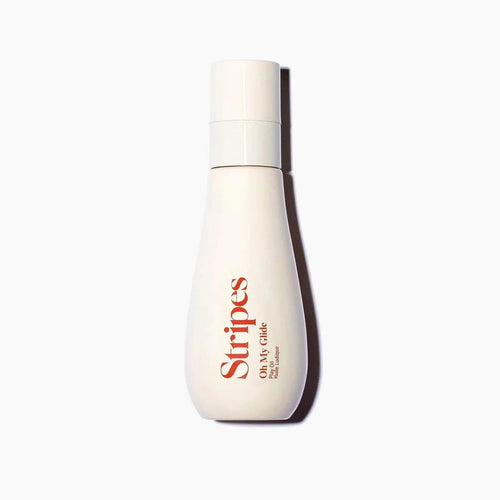Even those of us with very positive attitudes towards aging aren't necessarily eager to get to menopause. "But for some women, there are reasons why medically or surgically induced menopause may be necessary,” says Shieva Ghofrany, MD, of Coastal Obstetrics and Gynecology in Stamford, Connecticut, and co-creator of Tribe Called V. And for these women, the transition into menopause can be even more jarring than it is for the rest of us. However, just like “regular” menopause, there are ways to relieve the symptoms of induced menopause.
Why Induced Menopause May Be Necessary
Menopause is induced when treating a health issue, like cancer, requires altering the flow of hormones. This can involve surgery, or medication that suppresses the hormones.
“Sometimes you want to induce menopause because the hormones women have plenty of before menopause can stimulate other things — such as estrogen-dependent breast cancers — to grow,” Ghofrany explains. “For example, perhaps you had breast cancer and are on tamoxifen. It depresses estrogen and could put you into an induced menopause.”
There are two types of induced menopause — surgical menopause and medical menopause.
Certain medications, including chemotherapy and some hormone therapy, might trigger medical menopause. Receiving radiation therapy to the pelvic region can also disrupt or damage the ovaries, inducing menopause either temporarily or permanently.
Surgical menopause, on the other hand, generally results from what’s known as a bilateral oophorectomy (the removal of both ovaries), a surgical procedure that may be performed for many reasons — perhaps because of a cancer diagnosis or to tackle a severe case of endometriosis. A hysterectomy, which removes the uterus, will also cause surgically induced menopause.
What Are the Side Effects of Induced Menopause?
The fallout from induced menopause often includes the same symptoms as traditional menopause, namely hot flashes, night sweats, depression, loss of libido, vaginal dryness, and insomnia. But “the experience of induced menopause is different,” Ghofrany says. “In ‘regular’ menopause, you drift into it over anywhere from two to 10 years. Whereas in medically or surgically induced menopause, it happens abruptly,” she says.
Ghofrany herself went through surgically induced menopause, due to an ovarian cancer diagnosis. “Instead of drifting through menopause, my ovaries were removed at age 46. I woke up overnight drenched in hot flashes,” she says.
It has been shown that the symptoms a woman suffers from induced menopause are worse than those suffered by her counterparts who experience natural menopause. It is also worth noting that in the majority of cases, surgically induced menopause is permanent, while menopause induced by medications or radiation therapy can be reversed.
How to Treat the Symptoms of Induced Menopause
Because of the abrupt nature of surgically induced menopause, the symptoms can continue in perpetuity, says Ghofrany. Still, there are a range of effective treatments for induced menopause depending on its specific cause, the severity of symptoms, as well as a woman’s age and other health risks she may face.
Some things doctors may suggest to possibly help mitigate the symptoms of induced menopause include changing lifestyle habits, alternative therapies, and supplements. Hormone replacement therapy (HRT) can also relieve menopause symptoms, but should be used cautiously because of the associated side effects. Other medications may also be considered to alleviate specific symptoms, including antidepressants, antihistamines, and osteoporosis drugs, among others.
Additionally, talk therapy may be helpful, to help lessen the emotional abruptness of the transition.
Ghofrany herself adopted an integrated approach to treating her induced menopause, incorporating lifestyle changes and acupuncture. “It’s about knowing your triggers, which are, unfortunately, poorly understood. Alcohol, sugar, and caffeine are the big ones for me, so I can get away with two cups of coffee, but if I add chocolate cake to the mix, I’ll be a sweaty mess,” she says.
She adds that biofeedback and cognitive behavioral therapy (CBT) have a lot of good data behind them supporting their use in treating hot flashes and insomnia, respectively.
In short, while induced menopause is uncomfortable, and often unexpected, it is not untreatable — just be kind to yourself as you find out what works for you.
Didi Gluck is a New York City-based writer and editor who has covered beauty, health and fashion for more than 25 years. She has been the beauty and health director of Marie Claire, Shape, Real Simple, Redbook and MORE, and contributed to InStyle, Allure, Harper’s Bazaar, Elle, Travel & Leisure, Town and Country, Better Homes and Gardens, Popsugar and Southern Living.





